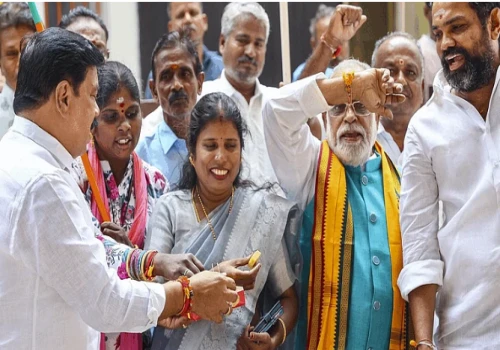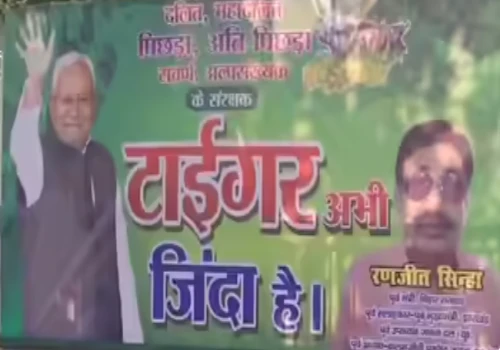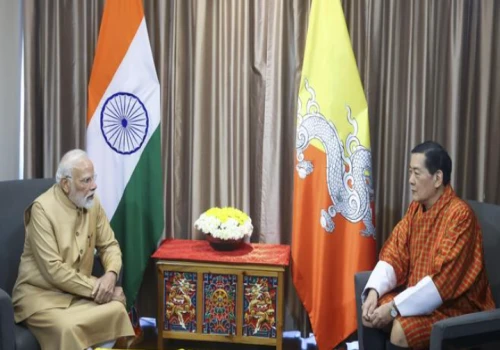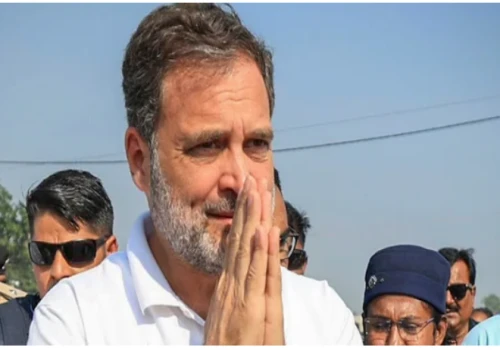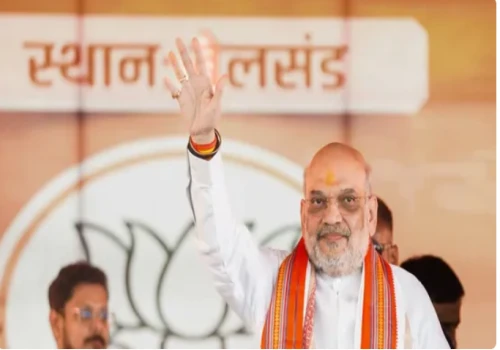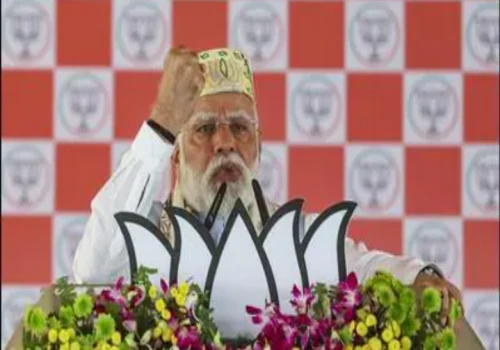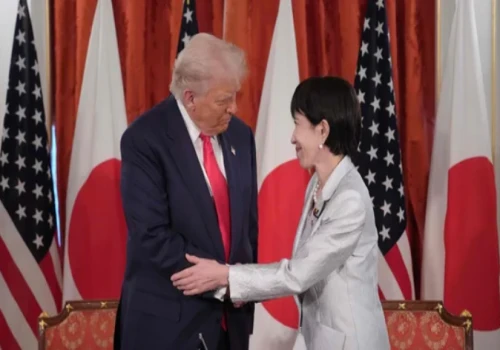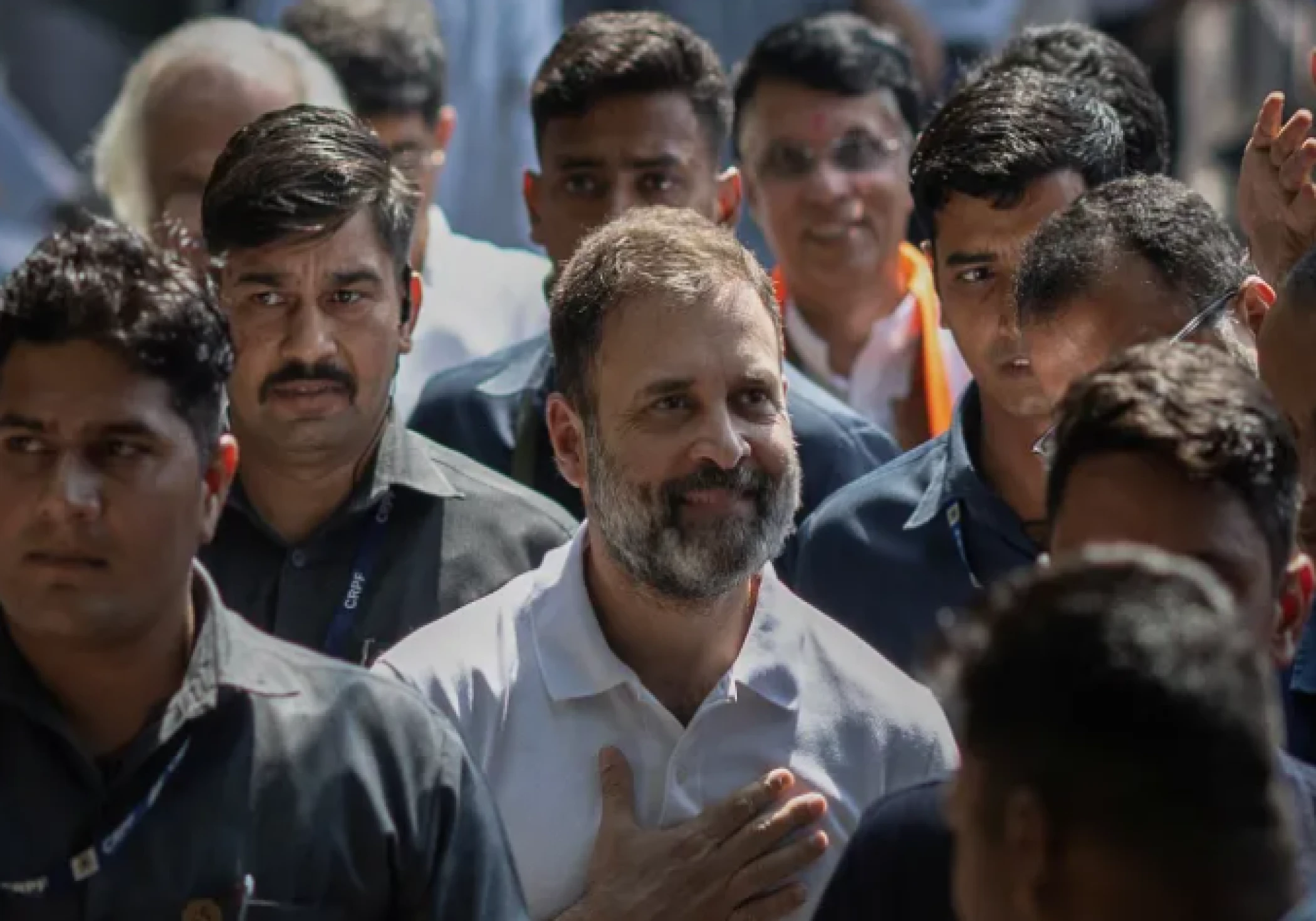
New Delhi: The conventional Congress vote share remained relatively stable at approximately 19.5% in both the Lok Sabha elections of 2014 & 2019. The party is expected to retain the same for sure, but with the collapse of INDI Alliance, it may ace this and increase the number of seats. While it seems that the party is uninterested in pursuing central power in the upcoming Lok Sabha Elections, a twist in the political landscape comes with the anticipated collapse of the INDI Alliance, a coalition formed with regional parties.
These regional allies, initially anti-Congress entities with historical roots in opposing the emergency, state foundation movements, or evolving as alternatives to the Congress, are now facing a dilemma. With the formidable rise of BJP's power under Prime Minister Modi, the alliance with the Congress became a necessity, although not without concerns.
The fear among these regional partners is that their voter base, particularly the minority votes, might shift towards the Congress during the Lok Sabha elections, mirroring the scenario observed in Karnataka. It's possible that consolidation of minority votes would take place in favour of the Congress party. On the other hand, the Congress is unlikely to experience a similar shift in votes towards regional parties. This apprehension has led the regional parties to reconsider their alliance with the Congress.
Mamata Banerjee, for instance, suggested that the Congress should selectively contest seats where it is strong and directly competes with the BJP. Despite these suggestions, the Congress remained steadfast, possibly with the intention of dissolving the INDI Alliance. The probable outcome in the Lok Sabha elections could see a substantial increase in Congress seats, accompanied by a deduction in votes from regional parties like SP, BSP, AAP, TMC, DMK, NC, etc., and not from that of the BJP's. Many of these parties were formerly part of the INDI Alliance but chose to distance themselves from the Congress due to perceived risks and it's likely that the remaining will either join the NDA or will fight independently.
This election poses a significant challenge for these dynastic regional parties, and they are likely to be the primary casualties. Hence, these parties have decided to contest the Lok Sabha elections independently to navigate the intricate political landscape.






